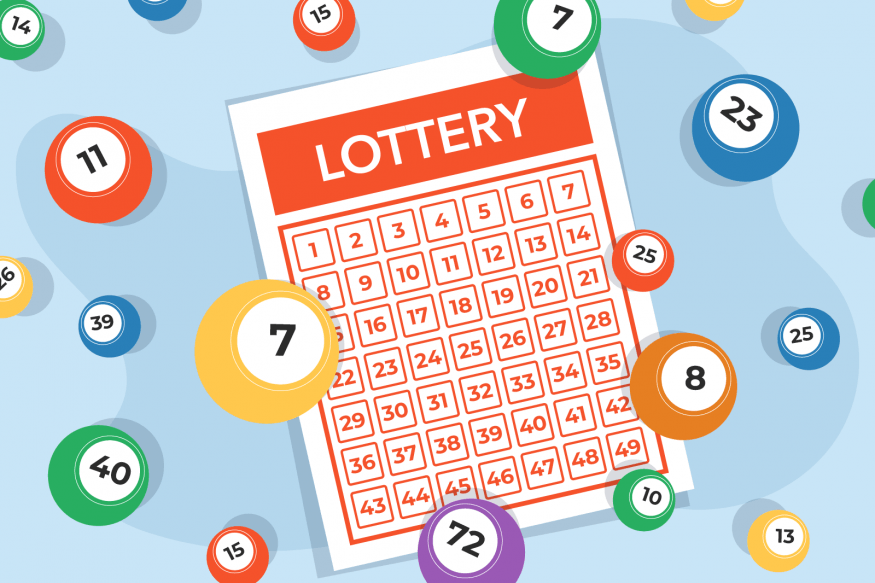
A lottery is a form of gambling in which numbers are drawn to win a prize. It is a popular way to raise money for various causes and has a long history of use in many countries. It is usually regulated and the proceeds from the ticket sales are given to good causes. It is important to remember that the odds of winning are very low, so it is best to play responsibly.
A person who wins a lot of money in the lottery often has a hard time adjusting to the new lifestyle. This can lead to substance abuse and other problems. The first thing that a new winner should do is pay off their debts and start an emergency fund. They should also invest their money in safe assets such as real estate.
It is also important to set up savings for retirement and children’s college education. This will help them avoid a big financial disaster in the future. In addition, they should create a robust investment portfolio and diversify their investments. It is recommended to find a reputable investment advisor to help them with this process.
People who play the lottery contribute billions of dollars each year to state coffers. The money comes from all walks of life and it is not just the rich. Some people believe that the lottery is their answer to a better life, while others play for fun. In most cases, it is not worth the risk of losing a large sum of money.
Despite the high jackpots, the chances of winning the lottery are very low. Nonetheless, there are some strategies that can increase your chances of winning. You can try to choose a number that is not in a sequence and you can join a lottery club to pool your money with other players. This will improve your chances of getting the right numbers.
Another important factor to consider when picking your lottery numbers is the chance that they may be repeated in a drawing. This is called a combination, and it is important to understand how it works. Some numbers are more common than others, and this is why they have a higher probability of being drawn in a drawing. This is why it is important to select a combination that is not too common.
The practice of dividing property and slaves by lot can be traced back centuries. In the Old Testament, Moses was instructed to take a census of the Israelites and divide the land by lot. Roman emperors also used lotteries to give away property and slaves during Saturnalian feasts.
The lottery does not discriminate based on race, religion, ethnicity, age, or political affiliation. It is one of the few games in which everyone has an equal chance of winning. This is why so many people love to play it. If you are able to choose the right numbers, you can become a millionaire. Regardless of how you play, however, it is essential to remember that you should never bank your future on winning the lottery.